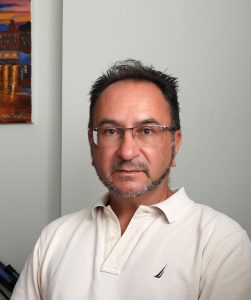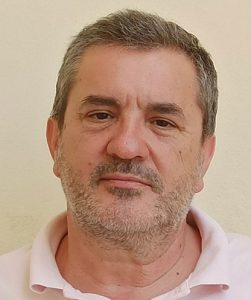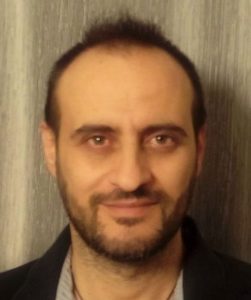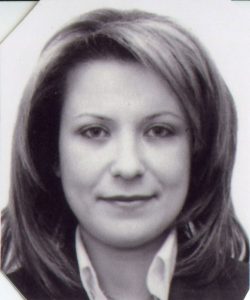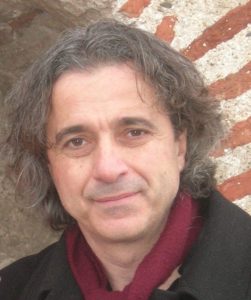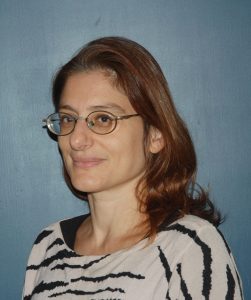The city of Patras and the University
The city of Patras is located at the North-western part of the Peloponnese, lying about 210kms to the west of the capital city of Athens. A highway connects the two cities and a coach takes about 2 hours to make the trip. It is a sea-side city of about 210.000 inhabitants, with a spectacular sunset, close to the foot of Mount Panachaikon of 1928ms. The city center is easy to enjoy on foot, there is a castle, an ancient Roman odeon, an archaeological museum and many beautiful beaches, both to the west (sandy beaches) and to the east (pebble ones). One can actually enjoy the sea just 2kms from the city center, towards the north side. The city’s port is the main portal connecting Greece to Italy by ferry. For winter sports lovers, the ski resorts of Kalavrita and of Parnassos are relatively close. Olympia (the site of ancient Greece’s Olympic Games) lies about 120kms to the south, whilst the Oracle of Delphi is about 125 to the north-east.
More information about Patras can be found here:
Patras @ web-greece.gr
Patras @ visitgreece.gr
Patras @ greeka.com





